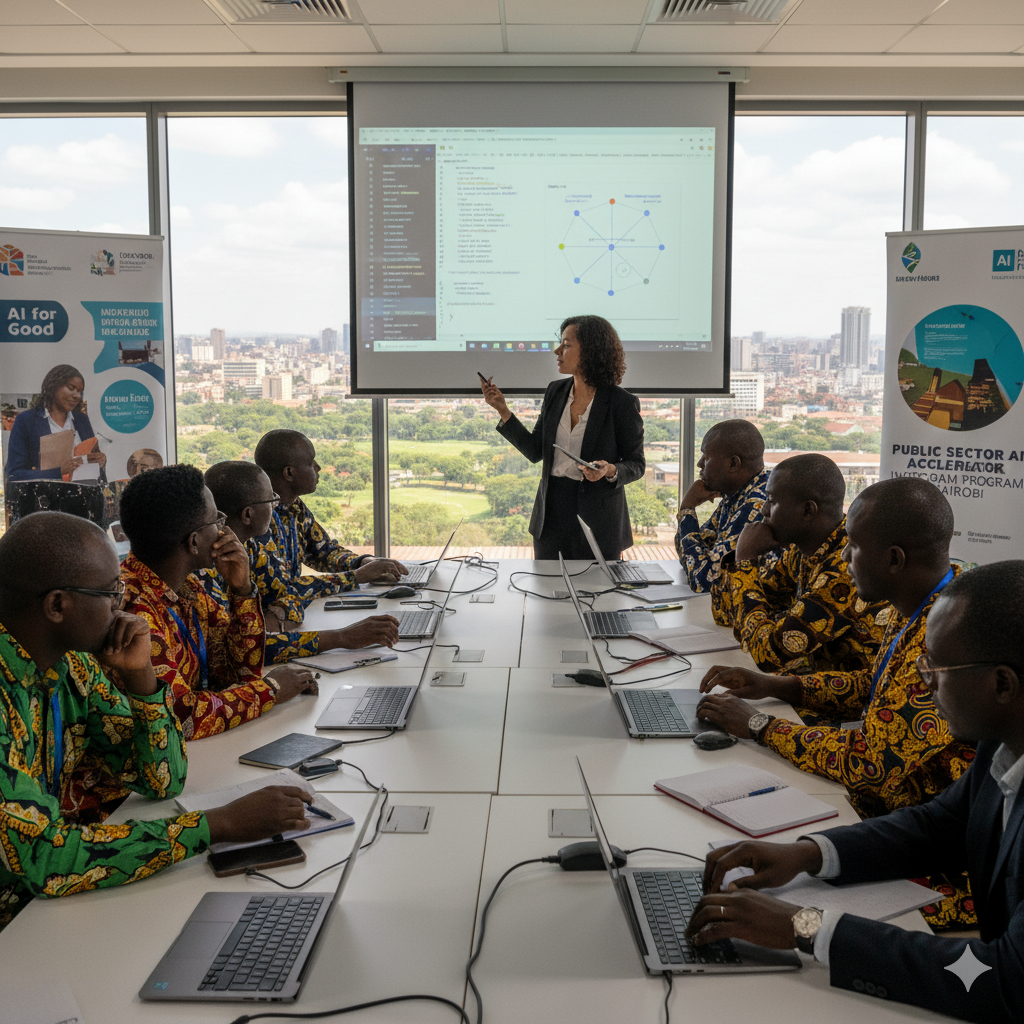

Qhala has partnered with Apolitical, a global learning platform for
government, to launch Q-Academy, a new initiative that will train African
public servants in artificial intelligence and digital skills.
The academy was unveiled in Nairobi on September 29, 2025.
The two organisations signed a Memorandum of Understanding to guide the
collaboration.
Qhala CEO, Dr Shikoh Gitau, said the partnership is about equipping African
policymakers with the skills to apply AI in governance and service delivery.
“By contextualising global knowledge to local realities, we are bridging the
gap between innovation and implementation in government,” she said.
Under the deal, Apolitical will provide 500 policymakers from Africa with
access to its Government AI Campus, a trusted hub for AI training already used
by more than 270,000 public officers worldwide.
Qhala will complement this by offering AI literacy masterclasses designed
for African contexts.
The sessions have already been piloted in Kenya, Cameroon, and during the
African Health Agenda International Conference in Kigali.
The first cohort of policymakers is set to join the program soon.
The academy will combine curated resources from the AI Campus with locally
tailored learning experiences.
Policymakers from Kenya, Cameroon, Rwanda, South Africa, Nigeria, and
Senegal are expected to take up the first 500 slots.
Apolitical co-founder and CEO Robyn Scott said the academy will ensure
African policymakers are prepared for an AI-driven future.
“We are proud to partner with Qhala to expand access to the Government AI
Campus in Africa. This training will help public servants deliver better
outcomes for citizens,” she said.
Rachel Osendo, Qhala’s Lead Policy Consultant, said Q-Academy will be a
dedicated space for African public servants to build capacity in responsible
and impactful AI use.
She noted the platform will provide curated courses, tools, and real-world
examples to support digital transformation in public institutions.
The launch comes at a time when Africa is stepping up its focus on AI.
The African Union is developing a continental AI strategy, the Africa AI
Declaration has established the Africa AI Council, and about 20 countries, including Kenya, Rwanda, and Nigeria, have rolled out national AI strategies.
According to Osendo, the academy is not only about training but also about
future-proofing governance with responsible AI.
She emphasised that the initiative will promote equity, gender inclusion,
and context-specific solutions.
Q-Academy is expected to serve as a self-paced learning hub for
policymakers, technologists, analysts, and executives, offering pathways to
adopt and lead with AI in African institutions.













